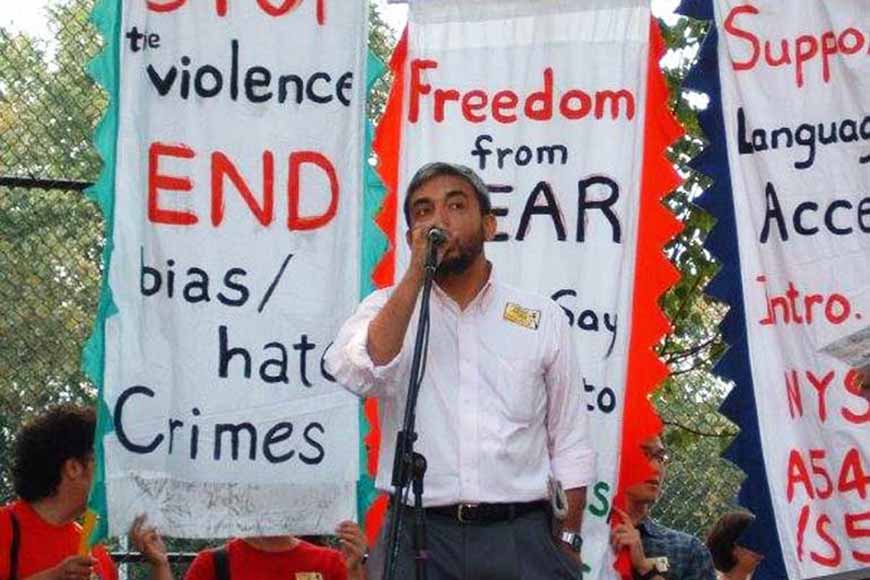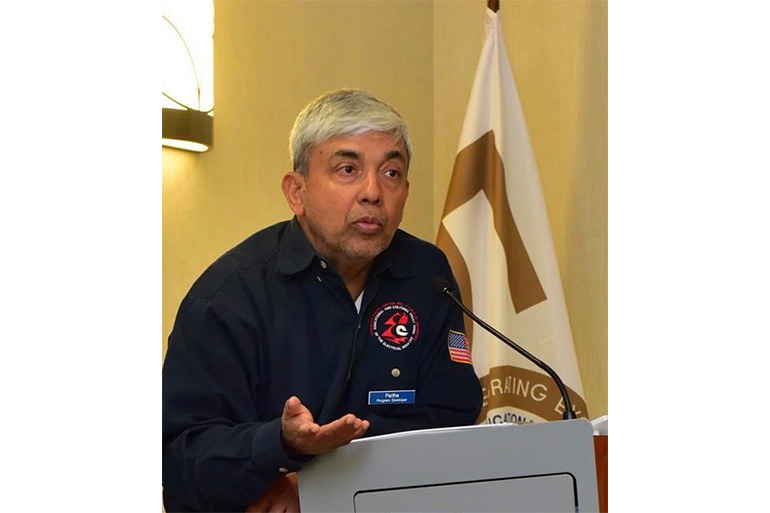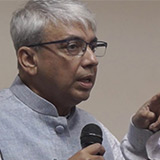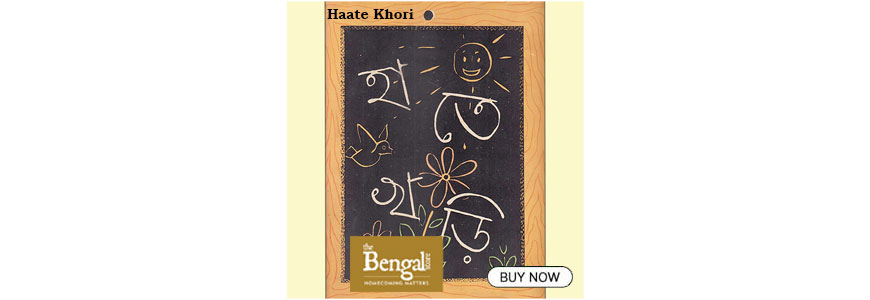Mericamaya Satkahan: Potato chips with rice, and other trials

A year passed as an exile. Classes all day, laboratory classes with undergrads twice a week, coming home to whatever meals I could rustle up. There was no telling what I would eat. The first semester, I would eat potato chips with rice. What else can one do if one can’t cook? Back home, men from families like mine never learned how to cook, were in fact clueless about cooking. Twice a day, they sat down to lunch and dinner served to them - be it fancy Mughlai meals or a rice-dal-vegetable meal. No man even wanted to know how those meals had materialised. With a few exceptions, this was the norm. Bottom line, I couldn’t cook. Yes, I could cook rice, but that was it.
Bharath from Tamil Nadu lived with us. Spoiled son of a rich dad, his undergraduate degree was being paid for by his father - lakhs and lakhs of rupees, something we could not even imagine. I see him standing in our kitchen often, buck naked, cooking unbelievably spicy meat. And smiling strangely. Unused to such vulgarity, I hate it. There’s something peculiarly lecherous about his smile. His roommate Edgar gives up the room on the nights that girls come visiting, and sleeps on the living room couch.
Our landlady is the 86-year-old Mrs Harrison. Age has done nothing to blunt her powers of observation. She often comes upstairs to ask us, “Got a gal last night, didn’t ya?” Then goes back downstairs, unsmiling. The old girl thinks all Indian students are lust-fuelled druggies. Our bedroom doors have neither bolts nor locks, something which always irritates Ababa Kabada, our Ethiopian roommate. He is right to be irritated. Overly modest and polite as we are, we Indians and Bengalis have never really learned how to demand our rights. Why shouldn’t we be able to lock our doors?
Despite all this, I was still feeling like a deported prisoner. The keys to the main door of the Biological Sciences department in Felmley Hall and my lab were with me. At night, I would go back to study and work on my papers. Our offices were on the second floor, the floors of the hall and the corridors so smooth and shiny that a fly would slip off. Incandescent lights all over the place. Midnight, one o’clock, two - my eyes fixed on the microscope’s viewfinder. Or sitting in the computer room, working on Dr Anderson’s ecology paper.
Edgar is from Goa. He, too, is here as an undergraduate at his father’s expense, but he’s polite and sociable. Both Bharath and Edgar’s fathers are paying for their education, a thing I can only dream of. Two more universities had accepted my admission application. Ohio’s Kent State University had written to say that if I could pay for a single semester, I would buy myself enough time to write the TOEFL again, score higher grades, and then become a teaching fellow at Kent State. I had written back saying, forget one semester, I wouldn’t even last one day in the US at my own expense. And here were these two 20 or 21-year-old Indian boys, all their expenses borne by their families. Food, lodging, books, and other costs totalling at least four or five thousand dollars every month. Equivalent to about Rs 50,000 in those days. Whereas I had spent every last paisa of mine and Mukti’s savings to get here, buying a one-way plane ride for Rs 11,000. Didn’t have money to go back even if I wanted to.
My Fall semester results were disastrous. A combination of a terrible cold and malnutrition put me in the student infirmary for three days. I had to give up one of the courses I had chosen. My accented, incorrect English became the subject of derision and mockery among the young Americans in lab class. My ears would turn red in humiliation, a silent protest rising like a lump in my throat. Broken in body and mind, I had made up my mind to go back home to India, when Biswada and Rebecca appeared like messengers from the gods, with their two little angels tagging along.
Then came Chicago, learning how to cook and drive, and going back for the Spring semester to stun my Indian and American friends with my Bengali cooking.
Biswada had asked me, “You really want to go back? After all the struggle you’ve been through, coming here from a poor family like yours, you want to go back so soon?”
My reply: “What do I do Biswada? It’s so cold, and I can’t take the pressure of my studies. My health is breaking. But how do I go back? I’ll need at least 1,000 dollars only for the plane fare.”
He had said, “Ok, but think about it. Don’t worry about the money, I’ll give you the money. But there’s no coming back. You will lose all confidence.”
I still remember those words. Practical words, words of realism, free of fluff. But what struck me most was his assurance that he would pay my airfare if needed. I was no longer desperately helpless. My mind regained some of its strength.
At the other end, over the phone, Mukti too would keep saying, “You’ve worked and fought too hard to earn this success, don’t come back.”
As winter drew to a close, Nature smiled a slight smile. So did goddess Saraswati.
The academics got better. The open, slowly-bleeding wounds of failure inflicted by the remorseless, pitiless, punitive Indian education system were gradually soothed by the affection, encouragement and praise of the teachers at this unknown school in an unknown American town. After all these years, I finally received some treatment. And my mind began to cheer up, little by little.

I stayed on in America. Didn’t go back home.
Despite all this, I was still feeling like a deported prisoner. The keys to the main door of the Biological Sciences department in Felmley Hall and my lab were with me. At night, I would go back to study and work on my papers. Our offices were on the second floor, the floors of the hall and the corridors so smooth and shiny that a fly would slip off. Incandescent lights all over the place. Midnight, one o’clock, two - my eyes fixed on the microscope’s viewfinder. Or sitting in the computer room, working on Dr Anderson’s ecology paper. I had never even seen a computer before. And in less than two weeks after my arrival, I was expected to learn how to use one, write a paper, add statistics, and hand it in. My first term paper. Nobody in Calcutta had told me what a term paper was. Our education system had no use for it.
Our landlady is the 86-year-old Mrs Harrison. Age has done nothing to blunt her powers of observation. She often comes upstairs to ask us, “Got a gal last night, didn’t ya?” Then goes back downstairs, unsmiling. The old girl thinks all Indian students are lust-fuelled druggies. Our bedroom doors have neither bolts nor locks, something which always irritates Ababa Kabada, our Ethiopian roommate.
Work over, I would leave the lab, drained and tired. A 10-minute walk would take me to my house. Leaving the department in the silent, deserted night, the stars would wink at me and say, “So, how do you like the American dream? Do you now understand how the world works?”
Walking from Felmley Hall to Kingsley Street, I would cross the quad at the centre of the Illinois State University campus, encircled by cherry, maple, ash, and birch trees. Deserted at this hour, but abuzz with the talk and laughter of well-dressed, pretty American girls and well-built boys during the day. I had no entry into that world. A poor Bengali student, much older too. I had broken free of the love, the poetry, the very water and soil of Bengal to come here on an impulse, risking everything at 29. I couldn’t mix with these people, I couldn’t speak English well enough, I couldn’t go for a drink with them, I couldn’t go to their wild weekend dorm parties and dance with them.
Neither could I keep up with the Indian undergraduate students from wealthy families. They never discussed politics, didn’t understand poetry or alternative cinema. Capitalists through and through, their lives revolved around money and wealth. Looking at an ad for a swanky, gleaming car in a brightly coloured magazine, Bharath told me, “You know, I’m buying a car like this in a few years. Isn’t it great? I think it’s swell.” House, car, property, share market gains. I had never seen my country through their eyes.
I came from the dusty alleys of North Kolkata. I had taught college in a remote corner of the Sundarbans for four years. I had sat face to face with poverty, spoken to it. My mother had died of cancer at 42, virtually without treatment. My reality was not theirs. I couldn’t have wild fun. I couldn’t date as they did.
Besides, I was married. My wife was waiting for me, back home.
(To be continued)
Translated from Bengali by: Yajnaseni Chakraborty
We are happy to present ‘Mericamaya Satkahan’, a weekly column by renowned human rights activist Dr Partha Bandyopadhyay, every Monday on GetBengal










